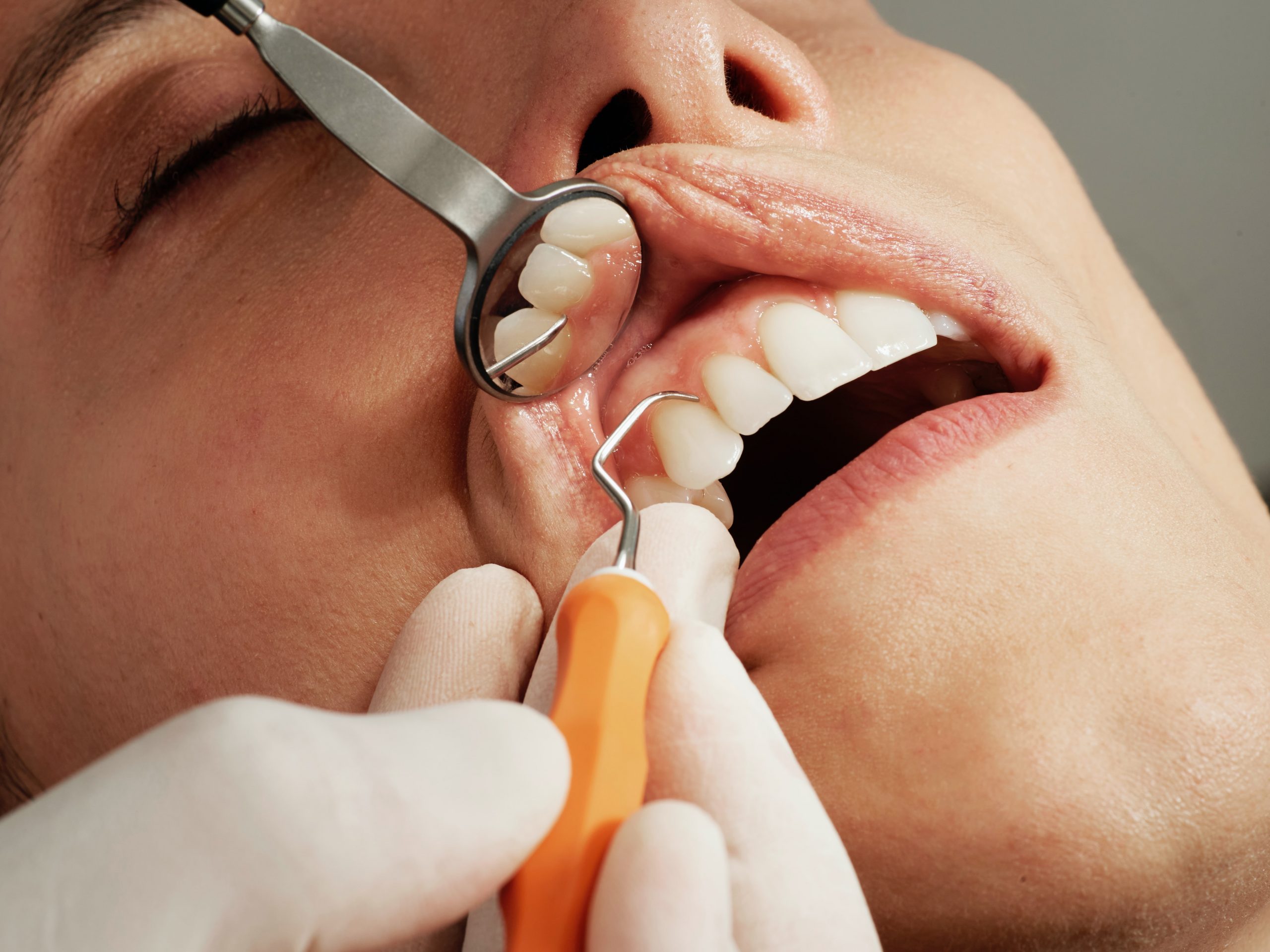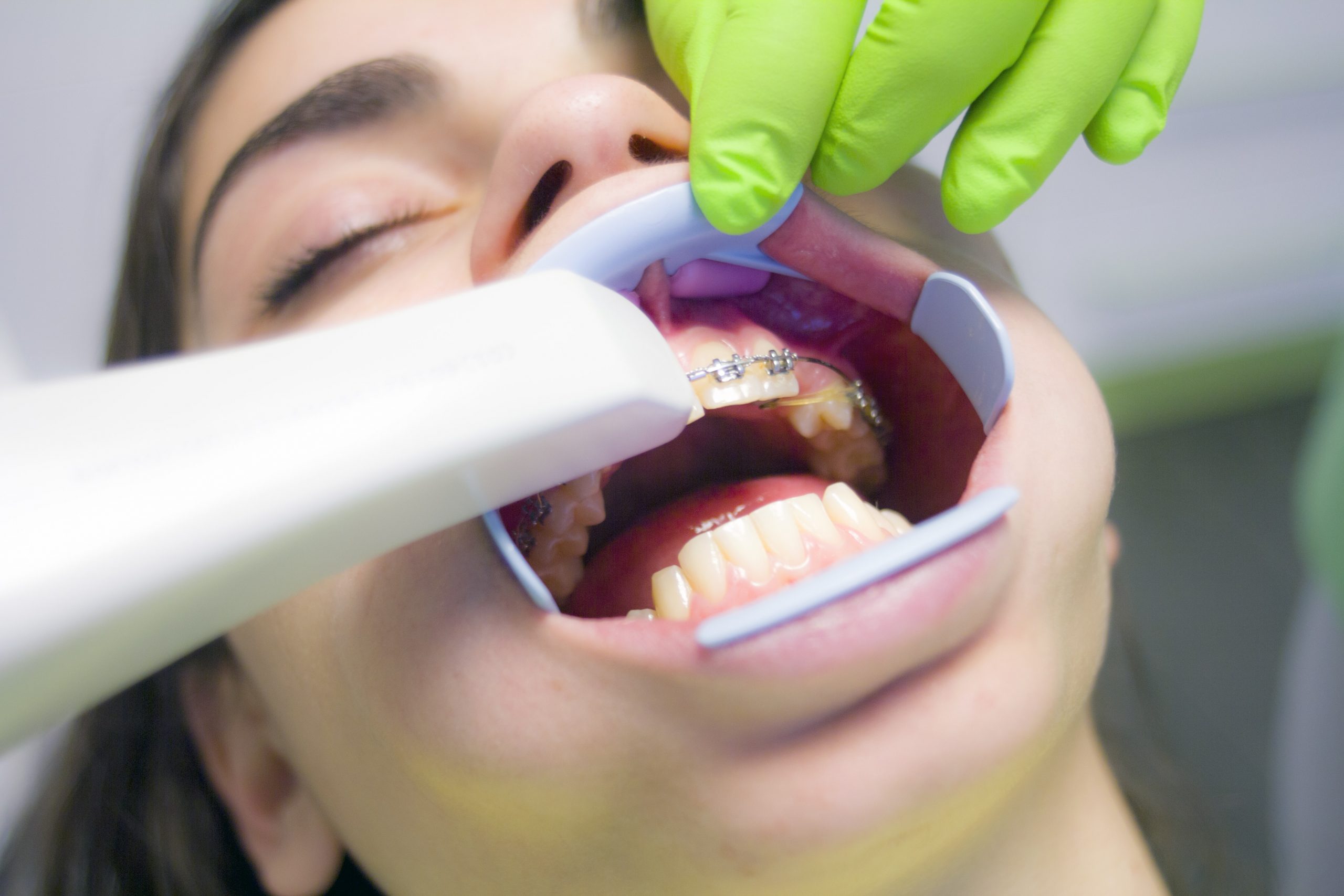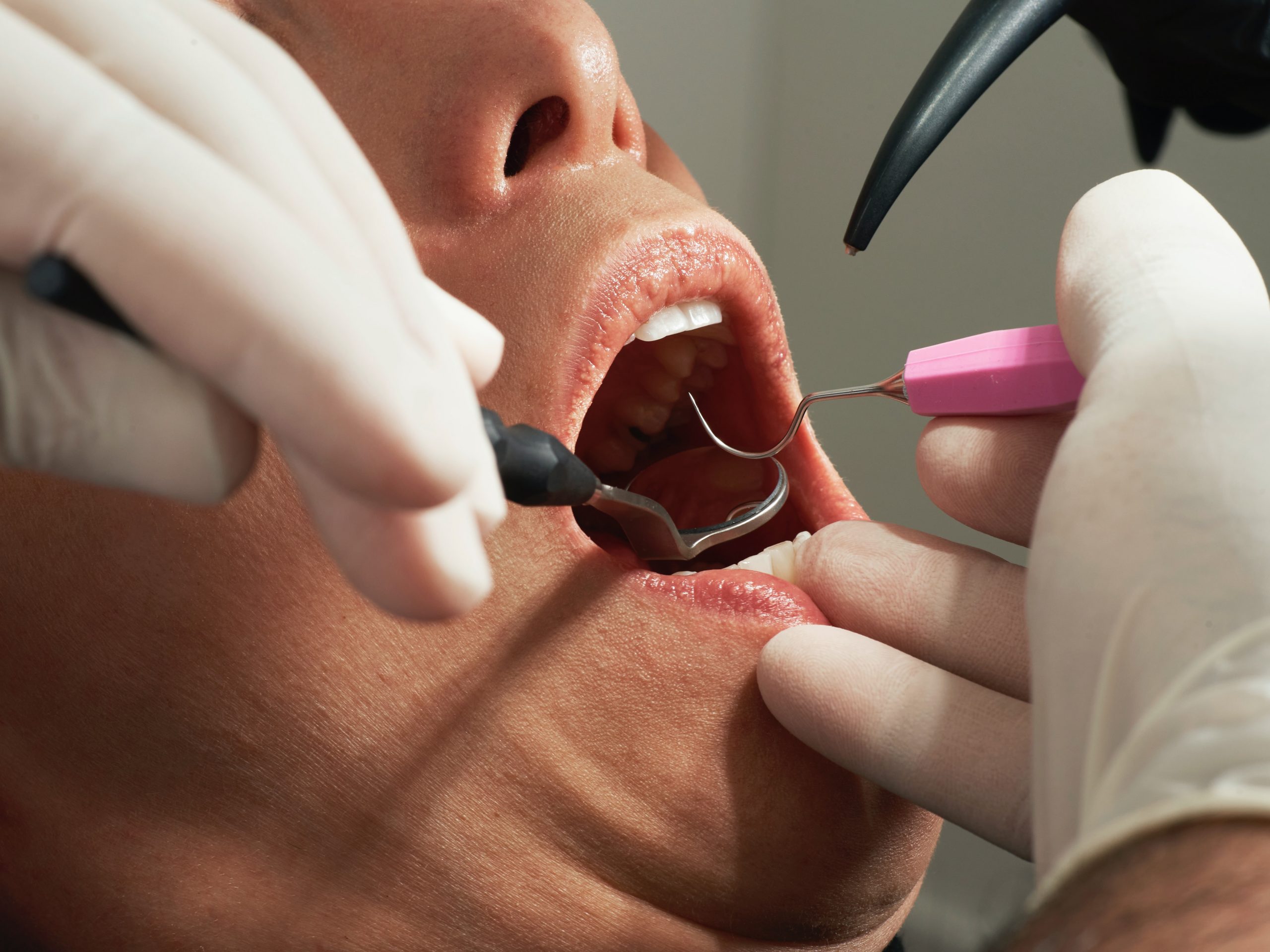
Gum disease may increase the risk of Alzheimer’s.
Recent studies are showing that gum disease may increase the risk of alzheimer’s. Alzheimer’s disease is a progressive and irreversible brain disorder that affects millions of people worldwide. While the exact cause of Alzheimer’s is still not fully understood, there is a growing body of evidence suggesting that bacteria that cause gum disease may increase the risk of Alzheimer’s.
What is gum disease?
Gum disease, also known as periodontal disease, is a common oral health problem caused by bacterial infection. It starts as gingivitis, a mild form of gum disease that causes inflammation and bleeding of the gums. If left untreated, it can progress to periodontitis, a more severe form of gum disease that damages the tissues and bones that support the teeth, leading to tooth loss.
The link between gum disease and Alzheimer’s
Recent studies have suggested that there may be a link between gum disease and Alzheimer’s disease. A study published in the journal Science Advances in 2019 found that Porphyromonas gingivalis, a bacterium commonly associated with gum disease, was present in the brains of patients with Alzheimer’s disease. The study also found that this bacterium produces a toxic enzyme that can destroy brain cells, leading to cognitive decline.
Mechanisms involved
The mechanisms by which gum disease may increase the risk of Alzheimer’s are still not fully understood. One theory is that the bacteria that cause gum disease can enter the bloodstream and travel to the brain, where they can cause inflammation and damage brain cells. Another theory is that the toxins produced by these bacteria can trigger an immune response that leads to the destruction of brain cells.
Implications
If the link between gum disease and Alzheimer’s is confirmed, it could lead to new strategies for preventing and treating Alzheimer’s disease. One approach could be to develop vaccines or other treatments that target the bacteria that cause gum disease. Another approach could be to improve oral hygiene and reduce the risk of gum disease, which could also have other health benefits.
Conclusion
In conclusion, while more research is needed to fully understand the link between gum disease and Alzheimer’s disease, the evidence suggests that there may be a connection. The potential implications of this research are significant, and it highlights the importance of good oral hygiene and regular dental checkups. By taking care of our oral health, we may be able to reduce the risk of not only gum disease but also Alzheimer’s disease.









